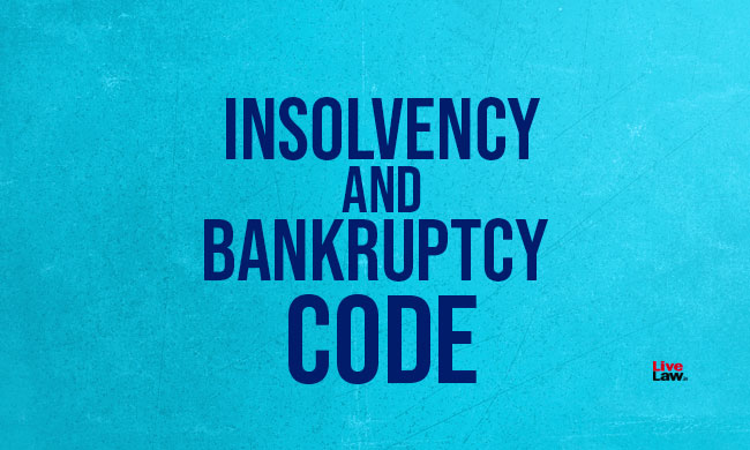Court Of Additional Sessions Judge Not Empowered To Try Offences Under IBC: Bombay High Court
LIVELAW NEWS NETWORK
16 Feb 2022 7:46 PM IST

Next Story
16 Feb 2022 7:46 PM IST
In a petition challenging the jurisdiction of the Court of Additional Sessions Judge to try offences under the Insolvency and Bankruptcy Code, the Bombay High Court ruled that the Court of Additional Sessions Judge is not "Special Court" in terms of Section 236 of the IB Code to try offences under the IB Code. Accepting the contentions of the petitioners, Justice Sandeep K...
